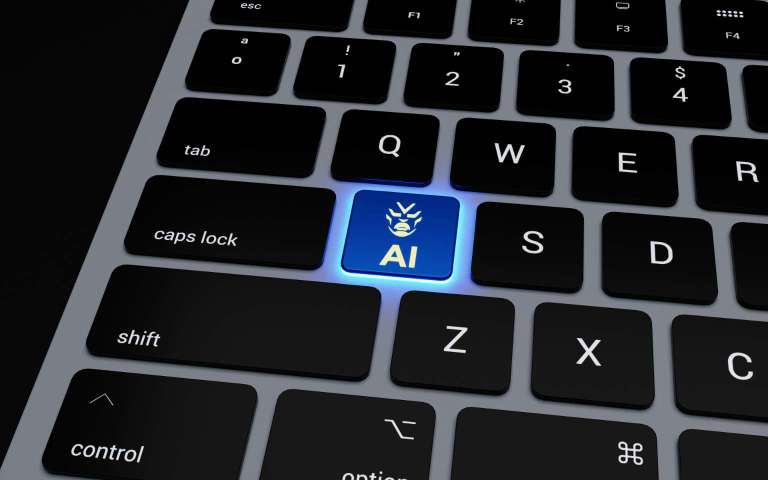
Cognitive Computing: The Next Big Thing in AI?
6 min read
21 Oct 2025
Cognitive computing represents a significant advancement in artificial intelligence (AI), focusing on simulating human thought processes to enhance decision-making and problem-solving capabilities. This article explores the concept of cognitive computing, its applications across various industries, and its potential to reshape the future of AI-driven technologies.
Understanding Cognitive Computing
Cognitive computing involves using machine learning algorithms, natural language processing (NLP), and data analytics to mimic human cognitive functions such as learning, reasoning, and problem-solving. Unlike traditional AI systems, cognitive computing systems can process unstructured data, understand context, and provide insights similar to human experts.
Applications of Cognitive Computing
Healthcare: Assisting in medical diagnosis, treatment planning, and personalized patient care through advanced data analysis and predictive modeling.
Finance: Enhancing risk assessment, fraud detection, and financial planning by analyzing large volumes of financial data and market trends in real-time.
Customer Service: Improving customer interactions through AI-powered chatbots and virtual assistants capable of understanding and responding to natural language queries.
Manufacturing: Optimizing production processes, predictive maintenance, and quality control through AI-driven insights and automation.
Benefits of Cognitive Computing
Enhanced Decision Making: Providing accurate and data-driven insights to support informed decision-making across business operations.
Efficiency: Automating complex tasks and workflows to improve operational efficiency and reduce human error.
Personalization: Delivering personalized experiences and recommendations based on individual preferences and behavioral patterns.
Innovation: Fostering innovation by enabling organizations to uncover hidden insights and explore new possibilities through cognitive analysis.
Challenges and Considerations
Ethical Concerns: Addressing ethical issues related to data privacy, algorithm bias, and the ethical use of AI in decision-making processes.
Integration Complexity: Overcoming challenges in integrating cognitive computing systems with existing IT infrastructure and ensuring compatibility with legacy systems.
Skill Shortages: Navigating the shortage of skilled professionals capable of developing, implementing, and maintaining cognitive computing solutions.
Future Outlook
As cognitive computing technologies continue to evolve, advancements in AI algorithms, computational power, and data analytics will drive innovation and unlock new capabilities. Organizations that embrace cognitive computing can gain a competitive advantage by harnessing the power of AI to solve complex problems, drive operational efficiency, and deliver enhanced user experiences.

The AR Breakthrough That Will Make Blockchain Transactions Simpler Than Ever!
6 min read | 30 Dec 2025
How AI Is Making Blockchain Smarter and Safer – The Inside Scoop!
6 min read | 29 Dec 2025
The Big Tech Twist: How VR Is Set to Disrupt Blockchain Like Never Before!
5 min read | 28 Dec 2025
Unlocking the Power of AR: How Augmented Reality Is Set to Revolutionize Blockchain!
5 min read | 27 Dec 2025More Articles

Permissioned vs. Permissionless Blockchains: Which is Better?
4 min read | 20 Oct 2025

Nodes in Blockchain: The Building Blocks of Decentralization
4 min read | 19 Oct 2025

Blockchain Mining: The Backbone of Cryptocurrency Networks
3 min read | 18 Oct 2025

The Immutable Nature of Blockchain: Security and Data Integrity
2 min read | 17 Oct 2025
More Articles

Human Augmentation: Enhancing Abilities with Technology
5 min read | 17 Dec 2025

Photonic Computing: Light-Based Data Processing
4 min read | 16 Dec 2025

Robotic Process Automation: Transforming Business Workflows
6 min read | 15 Dec 2025

Autonomous Farming: The Future of Agriculture
5 min read | 14 Dec 2025
